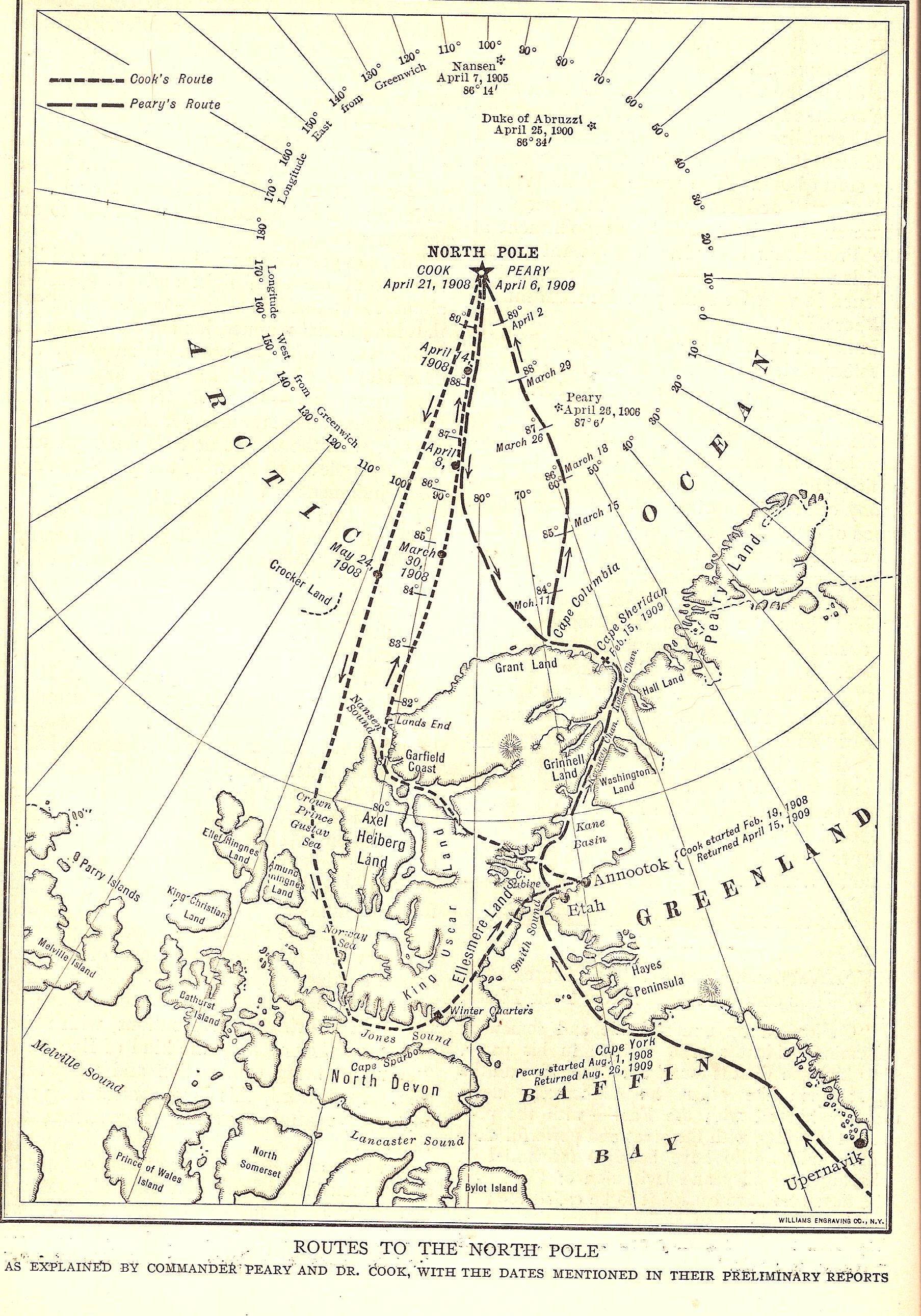-
History’s Worst Pandemics
1) Justinian Plague: Started in the year 541 C.E. in Constantinople. 2) The Black Death: Hit Europe in 1347 killing 200 million lives in four years. 3) Great Plague of London: In 1665 100,000 londoners died in seven months. 4) Smallpox: It was not until 1980 that the World Health Organization announced that smallpox was eradicated. 5) Cholera: In the early to mid 19th century tens of thousands were killed by cholera in England. Largely eradicated in developed countries cholera still plagues third world countries because of their lack of access to clean water and an untreated sewer system. Further reading on the history of pandemics
-
American Presidential Impeachments
Donald John Trump was impeached for the second time on January 13, 2021. Below is a summary of presidential impeachments in ascending order. In 1868 Andrew Johnson became the first U.S. president to be charged for impeachable acts by the House of Representatives. The 11 articles of impeachment outlined these acts: 1) violation of the Tenure of Office act by attempting to fire Edwin M. Stanton, the secretary of war, 2) influencing a general of the army to violate an act of congress, 3) contempt of congress. Though President Andrew Johnson was impeached, he escaped conviction and removal when the Senate acquitted him by only one vote. Source Richard Nixon,…
-
Alice M. Rivlin, Founding Director of the Congressional Budget Office, Dies at the Age of 88
Rivlin once described herself as, ” a professional critic of wishful thinking”. This critic of wishful thinking characteristic was an ideal trait for someone in charge of governmental purse strings; a perfect attribute for a budget official. Georgianna Alice Mitchell began life on March 4, 1931 in Philadelphia. She spent her childhood years primarily in Bloomington, Indiana. Her father, Allan C.G. Mitchell, was a physicist who helped develop the Atomic bomb as part of the Manhattan Project. Her mother, Georgianna (Fales) Mitchell, was a national officer of The League of Women Voters. Alice was a Havard graduate and recipient of the Brookings fellowship. Her Ph.D dissertation was on Projecting Demographic…
-
The New Deal
When Franklin D. Roosevelt gave his 1932 acceptance speech for the Democratic nomination for the presidency, he said, “I pledge you, I pledge myself, to a new deal for the American people.” His plan and pledge (The New Deal) was his promise for relief programs in the wake of the horrific devastation of the Great Depression; devastation made worse by President Herbert Hoover’s lack of an effective response. Source: https://www.britannica.com/event/New-Deal Roosevelt’s domestic programs brought immediate economic relief and dramatically expanded the scope of the Federal government’s power and involvement in the domestic sphere.
-
Phineas Gage: An Accidental First in Neuroscience
On the afternoon of September 13, 1848 a foreman for the construction of the railroad in Cavendish, Vermont suffered one of the most noteworthy neurological accidents in history. Twenty six year old Phineas Gage, due to an unfortunate explosion, had an iron rod, a tamping iron used for blasting, shoot straight through his head. The odd and interesting aftermath was that Phineas showed no obvious signs of brain damage. He spoke coherently and his memory remained intact. His unusual case attracted the attention of doctors in the medical community who reported their observations and findings. Through accounts from those close to Phineas it was discovered that in fact there had…

